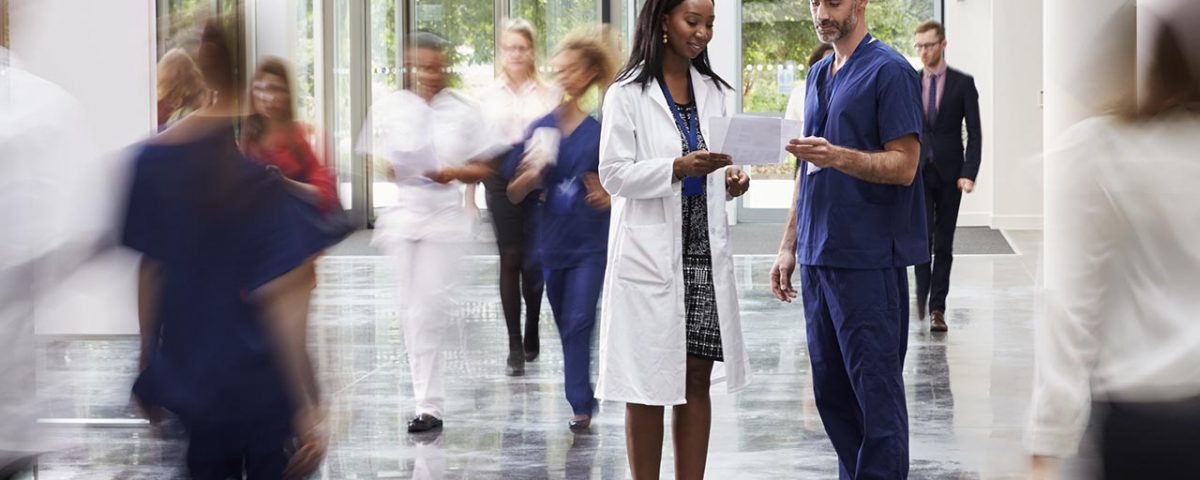In 2011, there were 2.5 million hospital emergency department visits in the United States that involved drug misuse or drug abuse.
Even more alarming is the fact that this number increased by 52% from 2004 to 2011.1 Unfortunately, even though these people were admitted for substance-related problems, many of them will never get the care they need.
While over 19.9 million people struggle with substance use disorders in the United States, only about 10% have gotten help in the past 12 months with one of the many different types of addiction treatment programs available in the country.2 Even after a visit to the emergency room, many people are unwilling to enter treatment, but peer specialists in Philly hospitals have been working to change these numbers.
Having Peer Support Specialists in Hospitals in Philadelphia
A peer specialist, also called a peer support specialist, is someone who has personal experience with substance abuse, is now in recovery, and has completed training to help support others who are struggling with addiction. Peer specialists have firsthand knowledge of addiction that cannot be taught and are often able to connect with patients in a way that other healthcare professionals cannot.
Because of growing concerns over hospital visits stemming from drug abuse and misuse, the city of Philadelphia began using peer specialists in their hospitals. These peer specialists talk to patients with substance abuse problems about getting help. For those people who are not ready to go to a Philly drug rehab, these peer specialists can educate them on how to avoid overdose or properly distribute Narcan, a life-saving drug that reverses opioid overdoses. These peer specialist programs in Philly hospitals are another resource for people struggling with addiction and could just save their life.
Many addicts are in denial or ashamed of their substance abuse problems. Not only may they struggle to accept the fact that they have lost control, but also stigma surrounding drug abuse may prevent them from seeking help even after multiple overdoses. Having someone there who understands what they are going through and who has been in their same position can give these patients hope for a drug-free future.
These peer support programs seem to be working too. Research shows that peer support can initiate recovery, decrease emergency room visits, reduce hospital readmissions, and increase patients’ quality of life.3 In particular, research surrounding the peer specialists in Philly hospitals have shown drastic results. Penn Medicine’s peer recovery program helped the majority of emergency department patients with opioid use disorders find and stay in opioid treatment for at least 30 days.4 With the continued use of the peer recovery specialists in hospitals, Philadelphia hopes to lower the number of drug-related admissions as well as decrease drug abuse and overdose problems.
Although drug addiction will never completely go away, our Philly PHP is here to help those in need. Substance abuse and misuse is a serious problem that can lead to a handful of problems for the addict as well as those closest to them.
Whether you struggle with addiction yourself or have a loved one with a substance abuse problem, it is okay to ask for help. To get more information about us at Banyan Philadelphia, call 888-280-4763 today.
Sources & References:
- SAMHSA - Drug Abuse Warning Network, 2011: National Estimates of Drug-Related Emergency Department Visits
- BMC - Emergency department screening and interventions for substance use disorders
- William White Papers – The Integration of Peer Recovery Supports within Philadelphia’s Crisis Response Centers: An In-progress Report from the Field
- The Inquirer - At Penn, people in recovery are helping more patients with addiction enter treatment









